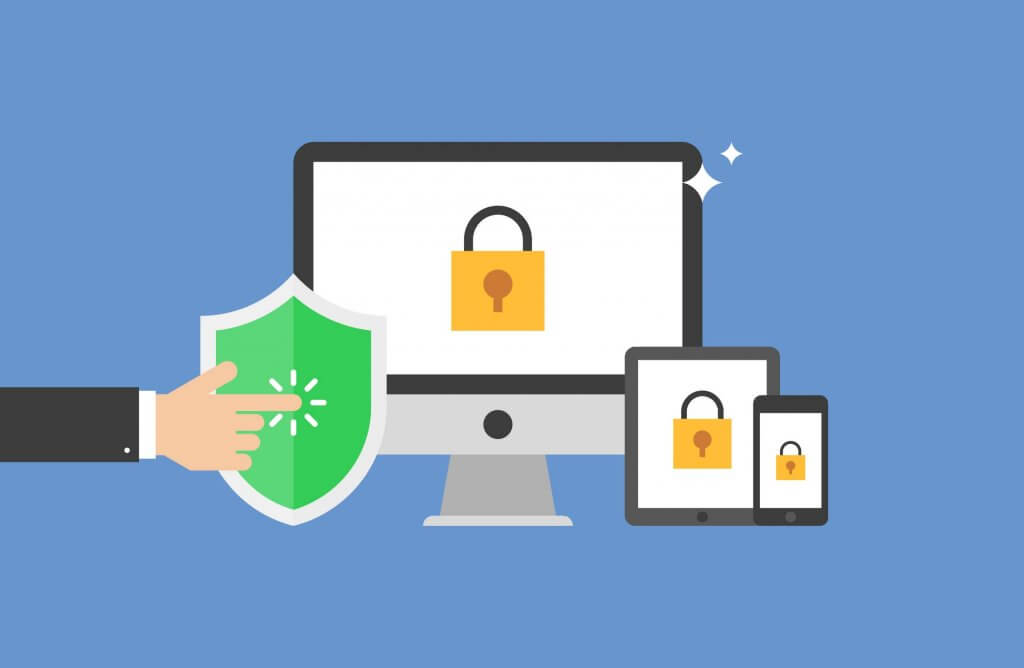In the fast-paced digital landscape, website security is of paramount importance for businesses and individuals alike. For WordPress websites, being one of the most popular content management systems, robust security measures are essential to protect sensitive data, prevent cyberattacks, and maintain the trust of visitors.
To ensure optimal security for your WordPress website, it’s crucial to follow a comprehensive set of best practices. First and foremost, keeping the WordPress core, themes, and plugins up to date is vital. Regular updates include security patches and bug fixes that fortify the system against known vulnerabilities.
Fortifying the Front Door: Strengthening Your Website’s Login Page Against Hackers
Limiting login attempts through security plugins can deter brute force attacks, where hackers repeatedly try different username and password combinations. Such plugins lock out IP addresses after a specified number of failed login attempts, preventing unauthorized access.
Implementing strong and unique passwords for all user accounts, including administrators, is another foundational step. Avoid using easily guessable passwords and consider enabling two-factor authentication for an extra layer of protection.
Securing your website’s login page is crucial as it serves as the first line of defense against hackers’ attempts to gain unauthorized access. Implementing robust security measures, such as strong passwords, is paramount to deter brute force attacks and protect sensitive user information. By encouraging users to create and use strong, unique passwords, you significantly enhance the overall security of your website, ensuring a safer online experience for both you and your visitors.
Locking Down Connections: Ensuring Secure Website Data Transmission
Securing your website’s data transmission is a critical aspect of maintaining the confidentiality and integrity of sensitive information. Data transmitted between a website and its users can be intercepted by malicious actors if not adequately protected. Implementing secure sockets layer encryption is a widely used method to safeguard data during
transmission. SSL certificates encrypt the data exchanged between the server and the user’s browser, making it virtually unreadable to unauthorized parties.
This encryption ensures that sensitive data, such as login credentials, payment information, and personal details, remains protected from potential eavesdropping and man-in-the-middle attacks. Regularly updating SSL certificates and configuring them properly is essential to maintain the highest level of security. Additionally, using HTTPS instead of HTTP protocols for your website’s URLs is an industry-standard practice to signal a secure connection, reassuring users that their data is protected.
Emphasizing secure data transmission not only protects your users but also enhances trust and credibility, contributing to a positive user experience and the long-term success of your website.
The Importance of Regular Website Security Audits and Vulnerability Scans
Regular security audits, backups, and vulnerability scans are crucial for maintaining the robustness of your website’s security. These proactive measures help identify potential weaknesses and vulnerabilities in your website’s infrastructure, code, and configurations.
Security audits involve a comprehensive examination of your website’s security measures, policies, and practices. They assess the effectiveness of existing security controls and ensure that all security protocols are up to date.
Vulnerability scans use automated tools to scan your website for known vulnerabilities, such as outdated software, broken links, weak passwords, and unsecured plugins. By identifying these vulnerabilities, you can address them promptly and reduce the risk of potential breaches.
These assessments help you stay one step ahead of cyber threats, ensuring that your website’s defenses are strong and up to date. Regular security audits and vulnerability scans provide peace of mind, knowing that you are actively protecting your website and its valuable data from potential cyberattacks.
By implementing these measures as part of your website maintenance routine, you demonstrate a commitment to safeguarding your users’ information and building trust with your audience. Additionally, staying proactive in countering emerging threats through regular assessments allows you to maintain a resilient security posture and respond effectively to any potential risks.
The Critical Importance of Regular WordPress and Plugin Updates for Enhanced Security
Ensuring the security of your website is paramount in today’s digital landscape, and one of the most critical steps is keeping your WordPress platform and its plugins updated. WordPress, being a popular content management system, is constantly evolving to address emerging security threats and vulnerabilities. Regular updates for both WordPress core and its plugins provide essential security patches, bug fixes, and enhancements that fortify your website against potential cyber threats.
Hackers often target outdated WordPress versions and vulnerable plugins to exploit security loopholes and gain unauthorized access. By promptly updating your WordPress software and plugins, you close these security gaps and significantly reduce the risk of data breaches and potential hacks. In addition to security benefits, updating your WordPress and plugins also ensures compatibility with the latest web standards and technologies.
It enhances your website’s performance, responsiveness, and overall user experience, contributing to higher search engine rankings and increased user engagement.
Conclusion
In conclusion, maintaining a secure website is crucial in the rapidly evolving digital landscape. For WordPress websites, regular updates for both the core platform and plugins are essential to protect against potential cyber threats and vulnerabilities. These updates not only fortify the website’s security but also ensure compatibility with modern web standards, enhancing overall performance and user experience.
Additionally, emphasizing secure data transmission through SSL encryption further safeguards sensitive information exchanged between the website and its users. To maintain a robust security posture, regular security audits, vulnerability scans, and backups are essential to proactively identify and address potential weaknesses. By prioritizing website security, businesses can instill trust, protect valuable data, and foster a safe online environment for visitors, ultimately contributing to their long-term success.

